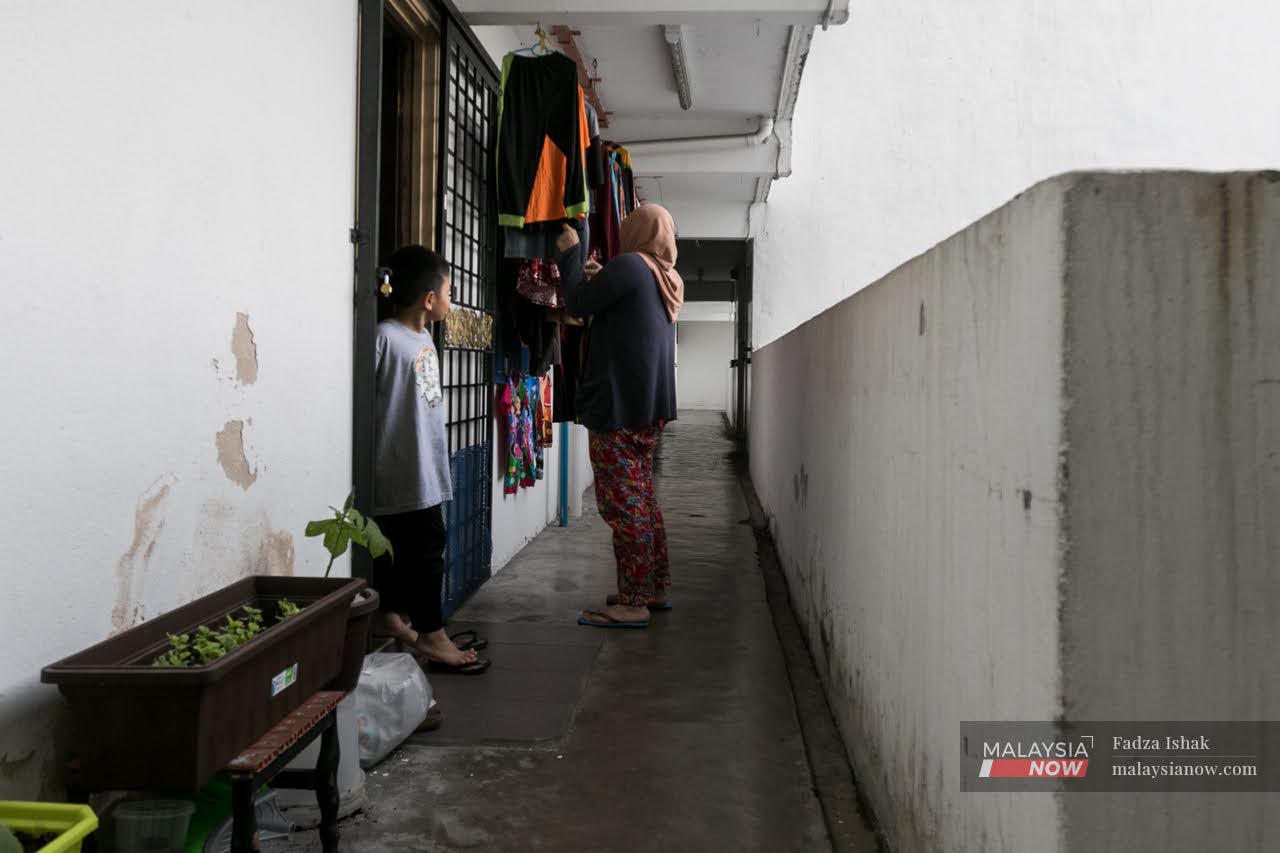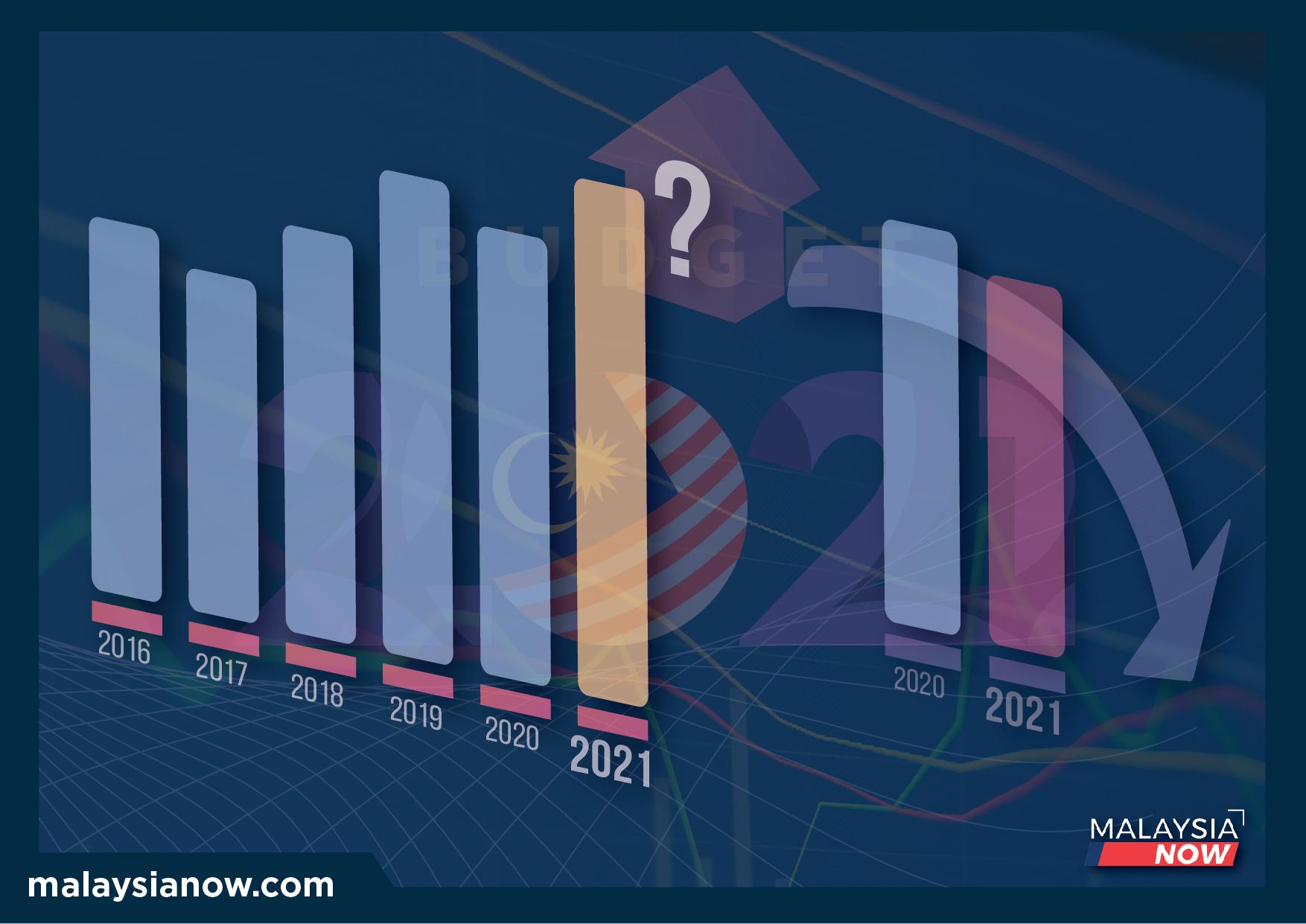Pandemic-driven budget may be biggest yet despite cuts for ‘non-essential’ ministries and sectors
Government assistance and subsidies are expected to increase, along with expenditure on health.
Just In
Putrajaya is likely to announce its biggest allocation in years in the first budget since the start of the Covid-19 crisis, with billions of ringgit more specially set aside to address the impact of the pandemic which has so far claimed 277 lives.
Today’s budget is also the first by the Perikatan Nasional government, formed after the collapse of Pakatan Harapan in February.
The budget, to be tabled by Finance Minister Tengku Zafrul Aziz, attracted unprecedented attention from the Yang di-Pertuan Agong on the back of concerns that it could be defeated at the voting stage.
The palace issued three reminders to MPs to set aside their political differences and support the budget to ensure that critical financial allocations can be made available in the battle against Covid-19.
The royal calls followed speculation that a small group of ruling MPs opposed to Prime Minister Muhyiddin Yassin could scuttle the budget bill, which would raise the spectre of snap polls in the midst of the pandemic – a scenario against which health officials have repeatedly warned.
While billions of ringgit were saved in terms of government operations during the movement control order (MCO), which saw public offices closed and non-critical civil servants working from home, the extra allocations for Covid-19 mean those savings would have little impact.
“Whatever has been saved in operation expenditure would have been usurped by special allocations for Covid-19,” a source familiar with high-level discussions on the preparation of national budgets in the last few years told MalaysiaNow.
Expenditure on health will see an inevitable increase as authorities brace for a protracted encounter with Covid-19.
It is also “almost a foregone conclusion” that government assistance and subsidies will see an increase across the board, the source added, as tens of thousands reel from job losses with many more expecting to land on the chopping block of the employment market as a result of the Covid-19 crisis.
MalaysiaNow’s own projections, as well as conversations with experts involved in past budgets, suggest that Putrajaya might spend a record amount on a string of welfare and cash disbursement programmes for the coming year, including the household living aid for lower income groups.
Likewise, expenditure on health will see an inevitable increase as authorities brace for a protracted encounter with Covid-19.
Meanwhile, several ministries might receive slightly lower allocations than they did in the past.

“These ministries could include those seen as non-critical at a time when there are more pressing concerns,” the source said.
Such ministries could include the ministries of foreign affairs, national unity, international trade and industry, environment, youth and sports, and federal territories.
On the other hand, sectors related to education, agriculture, technology, security, and defence might see only few cuts.
“Some might even receive slightly higher allocations, especially sectors that have seen greater need during the lockdowns.
“This will also mean more investments in the development of better communication infrastructure nationwide,” the source added.
The country’s 1.6 million civil servants, however, may have to wait until the worst is over.
While the government might heed calls for an extension of the targeted moratorium on bank loans, there is little hope that they will see an increment in salaries.
Civil servants were given special assistance of RM500 at the height of the MCO, on top of the RM500 disbursed early this year to help ease the financial burden of parents ahead of the opening of the new school year.
Subscribe to our newsletter
To be updated with all the latest news and analyses daily.
